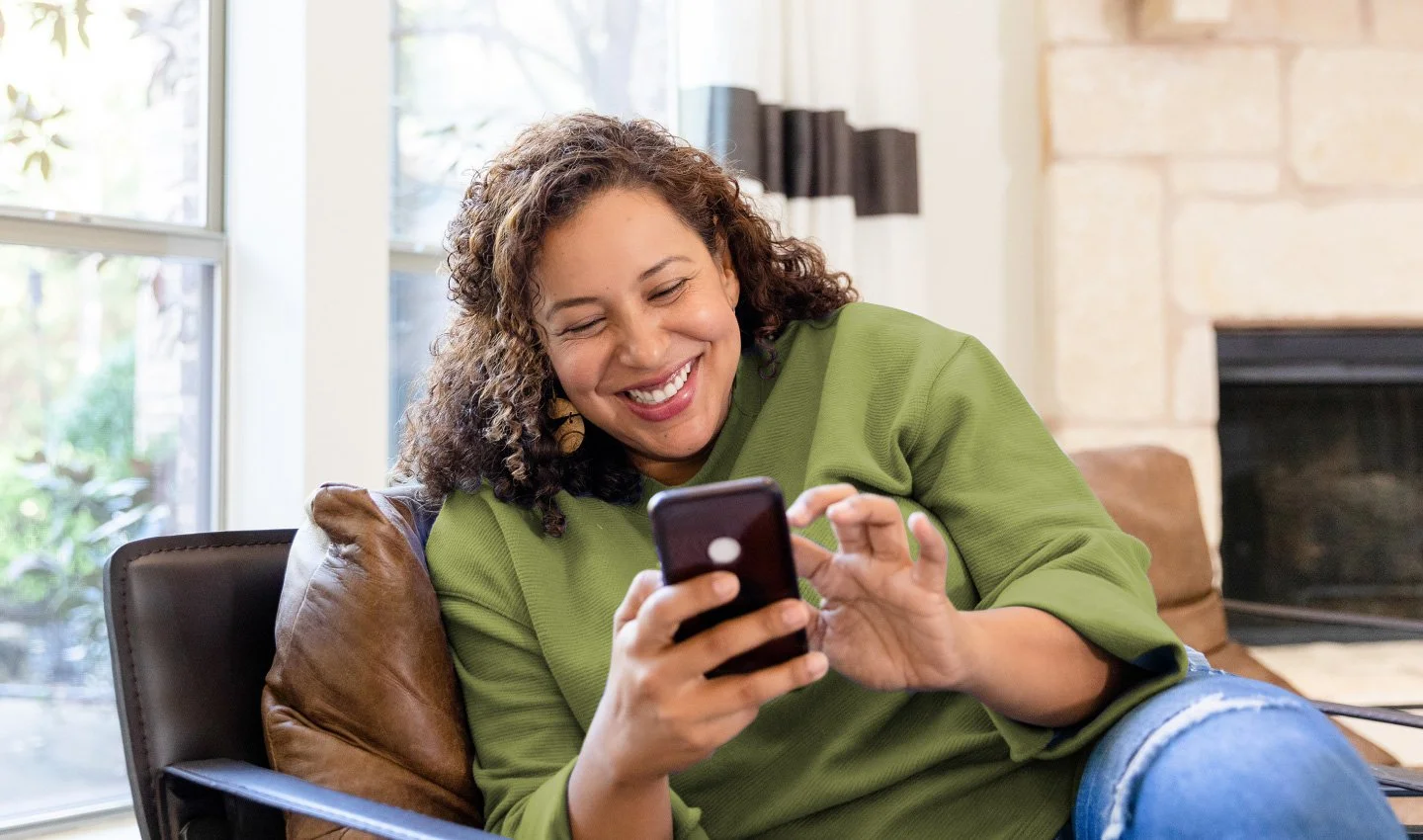Building Trust, Not Just Touchpoints — con nuestra gente
They always tell us that patients will get a call. That someone will follow up. That the care team is there for them.
But too many times, patients feel like just another number. Another automated message. Another reminder that disappears into the system.
When I joined Cercanos as a nurse, I knew it had to be different. I didn’t want to rush through scripts or check boxes. I wanted to build real relationships with the people I was caring for. I wanted to listen.
One of my first patients didn’t expect much. She told me she had seen the apps. She had been through rushed phone calls before, where no one asked how she was really doing. So when I told her I’d be calling regularly, that I spoke Spanish like her mother, that I wanted to really hear her story; she was skeptical.
But I called. Every week. Sometimes more than once. And I didn’t call just to complete a task. I called to check on her. On how she was eating. On how her mood was. On whether she had been able to move her body that day or get her medication refilled.
Slowly, she opened up. She told me she was tired. She was scared that her blood sugar would never come down. She felt ashamed that she hadn’t made more progress. I told her what I tell all my patients: this isn’t about being perfect. It’s about showing up, one day at a time.
Trust doesn’t happen overnight. Especially when someone has been overlooked or rushed through care before. But when they realize we’re here, consistently, with patience and compassion, something changes.
At Cercanos, I’m not doing this work alone. There’s a nutritionist who helps adjust meals without judgment. A behavioral health counselor who gently helps patients understand their stress. A pharmacist who makes sure medications work for their life, not against it.
We don’t just deliver care. We build relationships. We meet people where they are, in their language, in their reality. And the best part? Watching someone go from feeling overwhelmed to feeling proud. Watching them take ownership of their health, little by little, because they know we’ve got their back.
That’s what trust looks like. That’s why I’m here. And it’s why I believe this work matters so much.

